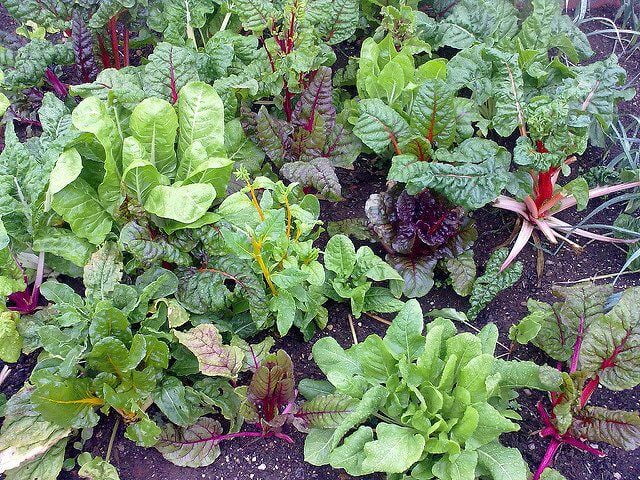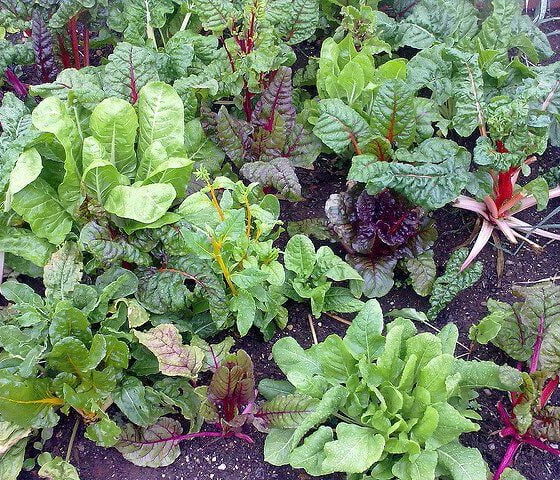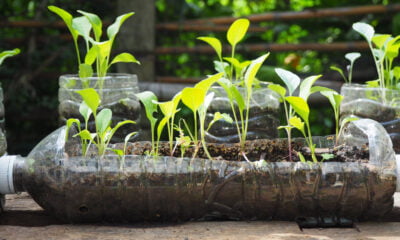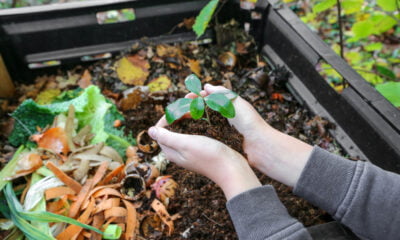

Environment
Food Waste Is a Problem, Home Gardeners Can Help
In the developed world, food waste is an enormous problem, and one that we’re doing too little to address and correct, even though that waste has wide-reaching ramifications. Many in impoverished, famine or drought-stricken nations are going hungry, wasted food piles up in landfills, and the water and oil that go into producing and transporting food are a drain on our global resources.
When individuals and organizations do move to address food waste, very often, the proposed solutions include recommendations like planning your meals and buying less, reorganizing your refrigerator, or making cooking with what you have a priority. These are all good ideas, but they do little to address food waste on a larger scale, and they leave out an important recommendation: home gardening.
How can home gardening help reduce food waste? It all comes down to relating more closely to our food, becoming more reliant on local resources rather than shipping-dependant producers, and learning the skills to be good stewards of our resources.
The Scope of the Problem
Many people know that they throw out food, but as individuals, it can be hard to understand the scope of the food waste problem. Just how much do we waste? One recent study out of Scotland determined that the small country threw out 1.35 million metric tons of food in 2013 alone. In the United States, it’s estimated that we lose as much as 40% of our food supply to waste – an unconscionable amount.
Small Solutions
Why should we grow our own food if so much is already going to waste? Won’t that further contribute to a situation of oversupply?
The reality is that when we grow our own food, we’re better able to determine how much our individual families need, we can redistribute excess to friends, neighbors, and food banks, and we’re able to enjoy our food at peak ripeness. We also diminish the carbon footprint of our food.
And of course, you don’t have to start a full-scale farm to change your relationship with food. We can transform our food system by taking simple steps, such as investing in gardening tools like raised beds that allow us to use our space effectively or learning to grow kitchen scraps like onions, garlic, and potatoes, starting a garden with the leftovers of what we already have.
Skill-Based Strategies
Almost anyone can grow a few tomatoes in their backyard or even turn the end of an onion into a new onion by sticking it in some water, but other aspects of solving our food waste problem require mastering some new skills. For example, if you choose to start a garden, you have a few options, but there’s a fair chance you’ll grow too much of something – leaving you with an overabundance of tomatoes or cabbage. What can you do?
While you could donate the extras, another way to reduce food waste is by learning to can and preserve what we grow, giving it a longer shelf life. Those tomatoes will only last so long on your counter, but they’ll stick around for a while as tomato sauce. The same goes for fermenting; you can only use so much cabbage during the growing season, but it’s easy to turn cabbage into kimchi. You can easily create a great vegetable patch with minimal waste if you compost properly and select the right foods.
Part of what makes learning skills like canning so remarkable is that they’re rooted in a time when people couldn’t afford to waste things. When people relied more heavily on gardening and farming and lacked refrigeration, they had no choice but to can fresh foods for later use – and use them they did. Then it was about sustenance, but now it’s about sustainability.
When you grow your own food, you stop contributing to the massive ecological harms of big farming and become more self-reliant, but you also recognize the hard work that goes into every bite. When that labor is front and center, it becomes harder to allow for waste, and that’s something we should aspire to as environmentally conscious citizens.
































